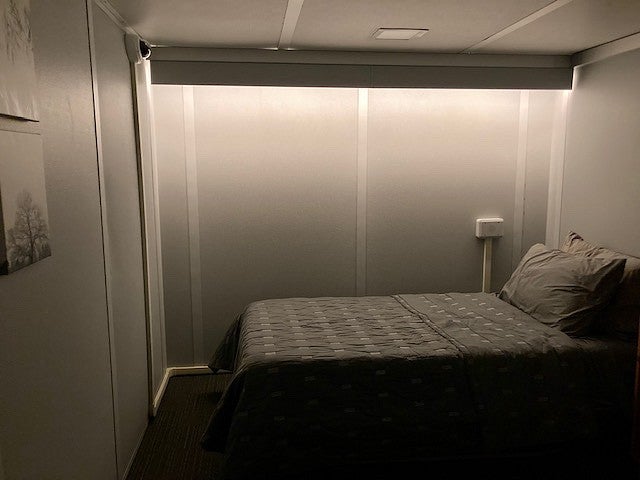
Examining the relationship between sleep quality and psychological response to stress and reward could reveal insights to help break the cycle of poor mental health and poor sleep health in young adults.
“Adolescents and young adults are experiencing unprecedented levels of mental distress, which can contribute to sleep problems, depression, and risky alcohol use,” says Melynda Casement, an associate professor in the University of Oregon’s Department of Psychology in the College of Arts and Sciences, and director of the university’s Sleep Lab. She’s the principal investigator on a National Institutes of Health-funded study looking into sleep quality and its impacts.
“Insufficient sleep also can exacerbate the effects of stressors on mental health,” Casement says. “Unfortunately, poor sleep health, such as insufficient sleep duration, circadian disruption or insomnia, is pretty common in adolescents and young adults. My primary motivation is to improve mental health by improving sleep health.”
The study, titled Mechanisms of Risky Alcohol Use in Young Adults: Linking Sleep Duration and Timing to Reward- and Stress-Related Brain Function, is a collaboration between Casement, Jessica Cronce of the Department of Counseling Psychology and Human Services at UO, and Dr. Brant Hasler of the University of Pittsburgh, where Casement completed her postdoctoral research and was a faculty member. Also involved on the UO campus are research assistants, a postdoctoral research coordinator, graduate students, and soon, undergraduate research assistants and sleep technicians.
Casement will recruit and study young adults, aged 18 to 24, who (based on a survey) were found to have a high lifetime exposure to adversity and engage in risky alcohol use (defined using criteria from the CDC). The young adults’ sleep is then measured both at home and in the lab for variables like timing, duration, melatonin onset and brain activity.
The study will also measure how participants perform in tasks that elicit stress, like giving a speech, or when they receive a reward, like money. It will then link that performance to the participants’ measured quality of sleep. This lets researchers paint a more complete picture of participants’ sleep, how sleep characteristics are related to responses to stress and reward, and whether sleep and responses to stress and reward predict alcohol use.


-Melynda Casement, professor of Psychology
Some participants will also be asked to change their sleep patterns for two weeks. The findings should reveal whether getting better quality sleep affects how they behave in or respond to certain situations. The tasks in the study mimic instances of stressful life events and alcohol use, which can be a form of reward. Studying them in different sleep conditions can untangle the linkages and find ways to interrupt the reward and stress circuits and thereby improve mental health by improving sleep.
“The good news is that improving sleep health by getting more sleep at the right time and treating sleep disorders can improve mental health,” Casement says. “In fact, sleep interventions can be just as effective at improving mental health as interventions for depression and anxiety! Sleep is often something we sacrifice, but prioritizing sleep can help us thrive.”
-by Anna Glavash Miller, College of Arts and Sciences


